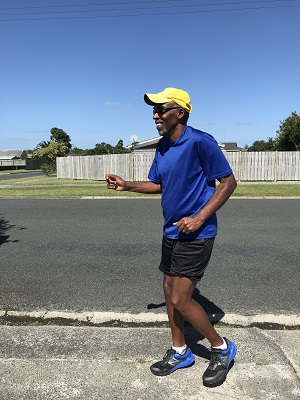 Conflicts are unavoidable, try as you may. They are a natural part of our human existence; therefore, we need to figure out how to best deal with them rather than trying to avoid them.
Conflicts are unavoidable, try as you may. They are a natural part of our human existence; therefore, we need to figure out how to best deal with them rather than trying to avoid them.
When conflict exists in a relationship and all you do is try to avoid it, you are only allowing it to get worse. The longer you wait to resolve it when you don’t know what to do, also makes it worse.









